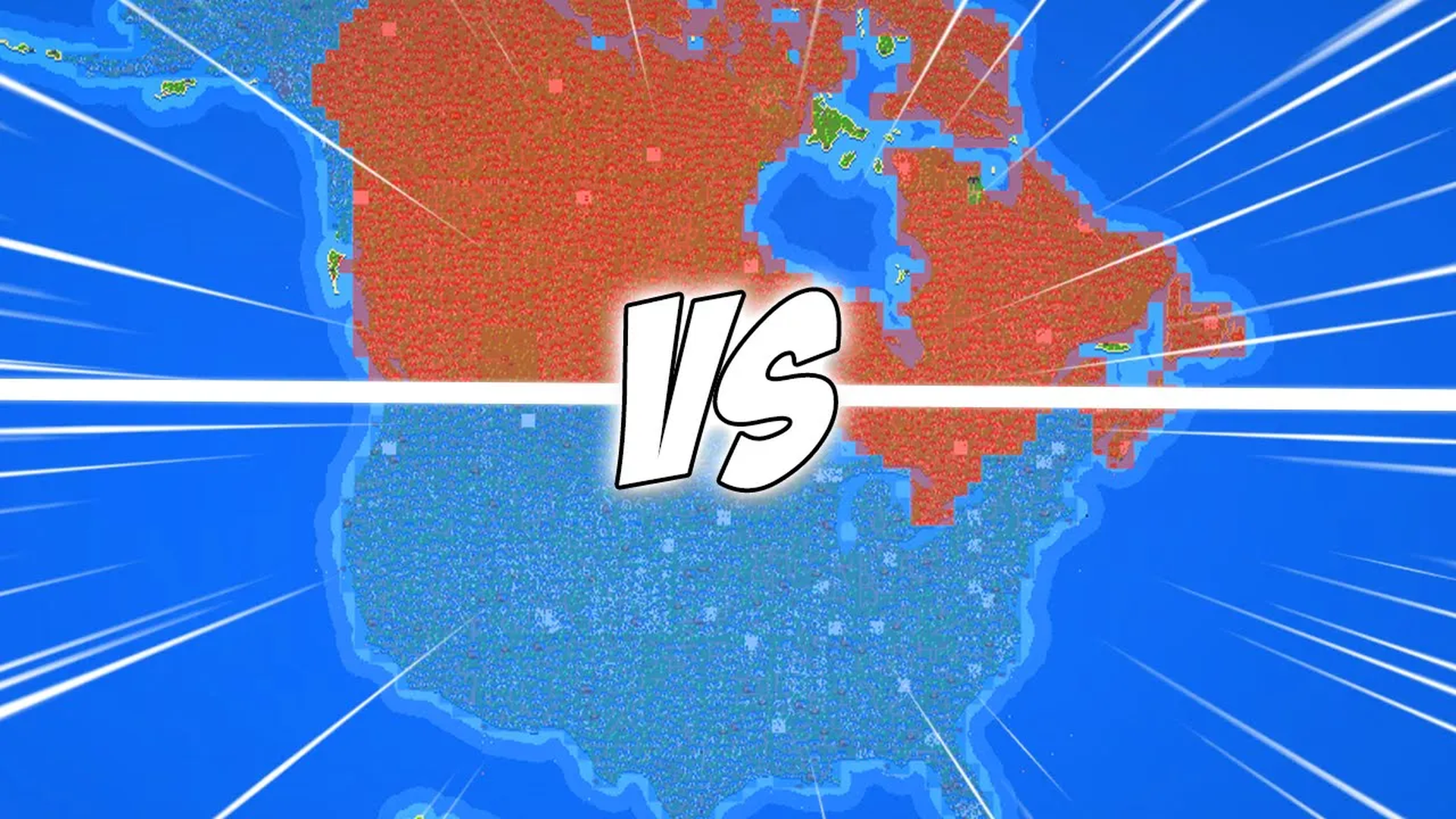
A reciprocal 25% tariff on US cars will take effect at 00:01 Eastern Time (12:01 China Standard Time Monday) , the Canadian Treasury Department announced Monday.
Lawrence Summers, a Harvard economics professor and former US Treasury Secretary, has warned that the US could be heading for a recession because of the tariffs being imposed by the Donald Trump administration, about 2m Americans could lose their jobs and each family would face a loss of at least $5,000 in income.
Canada will continue to respond forcefully
Canadian finance minister Shang Pengfei said that Canada will continue to respond strongly to all the unreasonable tariffs imposed by the United States on Canada. The Canadian government is firmly committed to removing these United States tariffs as soon as possible to protect Canadian workers, businesses, the economy and industry.Canada will also offer incentives to automakers to encourage production and investment in Canada and help maintain Canadian jobs, Shang said.
President Donald Trump signed a 25 percent tariff on imported cars at the White House on March 26. The tariff measure took effect on April 3. Canadian Prime Minister Kearney said at a news conference in Ottawa on April 3 that his government would take the same measures as the United States, a 25 per cent tariff on all US imports that do not comply with the us-mexico-canada agreement. Canadian tariffs won’t affect auto parts.
According to official statistics, 2024 car imports from the United States totaled 35.6 billion Canadian dollars ($25 billion) .
Faced with a“Very important choice”
In an interview with Bloomberg Yesterday, Summers said Donald Trump would face“Very important choices” over his tariff plans in the coming weeks. The scale of these tariff plans even exceeded those of 1930, which“Exacerbated the Great Depression”.
The sensible thing to do, Summers argues, is to“Roll back policies that have already been announced”.
He also said the challenges of the recession were caused by the words and deeds of President Trans and his administration. If Washington abandons its“Policy mistakes”, the economy will return to normal.
Donald Trump 2 at the White House signed on the so-called“Reciprocal tariffs” of the executive order, announced that the United States on trading partners to 10% “Minimum benchmark tariffs” and certain trading partners to impose higher tariffs.
Although Donald Trump claims the tariffs will help generate revenue for the government, reverse the trade deficit and boost us manufacturing, economists and businessmen warn they will push up prices, it hurts American consumers and American businesses, disrupts global trade, and is not conducive to global economic development.
U. S. Stocks Rose First and then fell
New York stock market rose sharply on the 8th morning, according to media analysis, due to low share prices, and the market expects the Donald Trump administration to start trade talks. However, the boost from the rally quickly dissipated as Levitt, the White House Press Secretary, announced that Donald Trump would insist on tariffs. In midday trading, the three main markets fell sharply.
By the end of the day, the Dow Jones Industrial Average was down 320.01 points, or 0.84 per cent, at 37,645.59, while the S&P 500 index was down 79.48 points at 4,982.77, the tech-heavy Nasdaq Composite index fell 335.35 points, or 2.15 per cent, to 15,267.91.
The S & P closed at its lowest level in almost a year, while both the Dow Jones Industrial Average and NASDAQ 2024 at their lowest levels since January.
Separately, the Dollar Index, which measures the greenback against six major currencies, fell 0.30 percent to close at 102.955. By late afternoon in New York, the euro was trading at $1.0951, up from $1.0928, while the pound was trading at $1.2790, up from $1.2755.